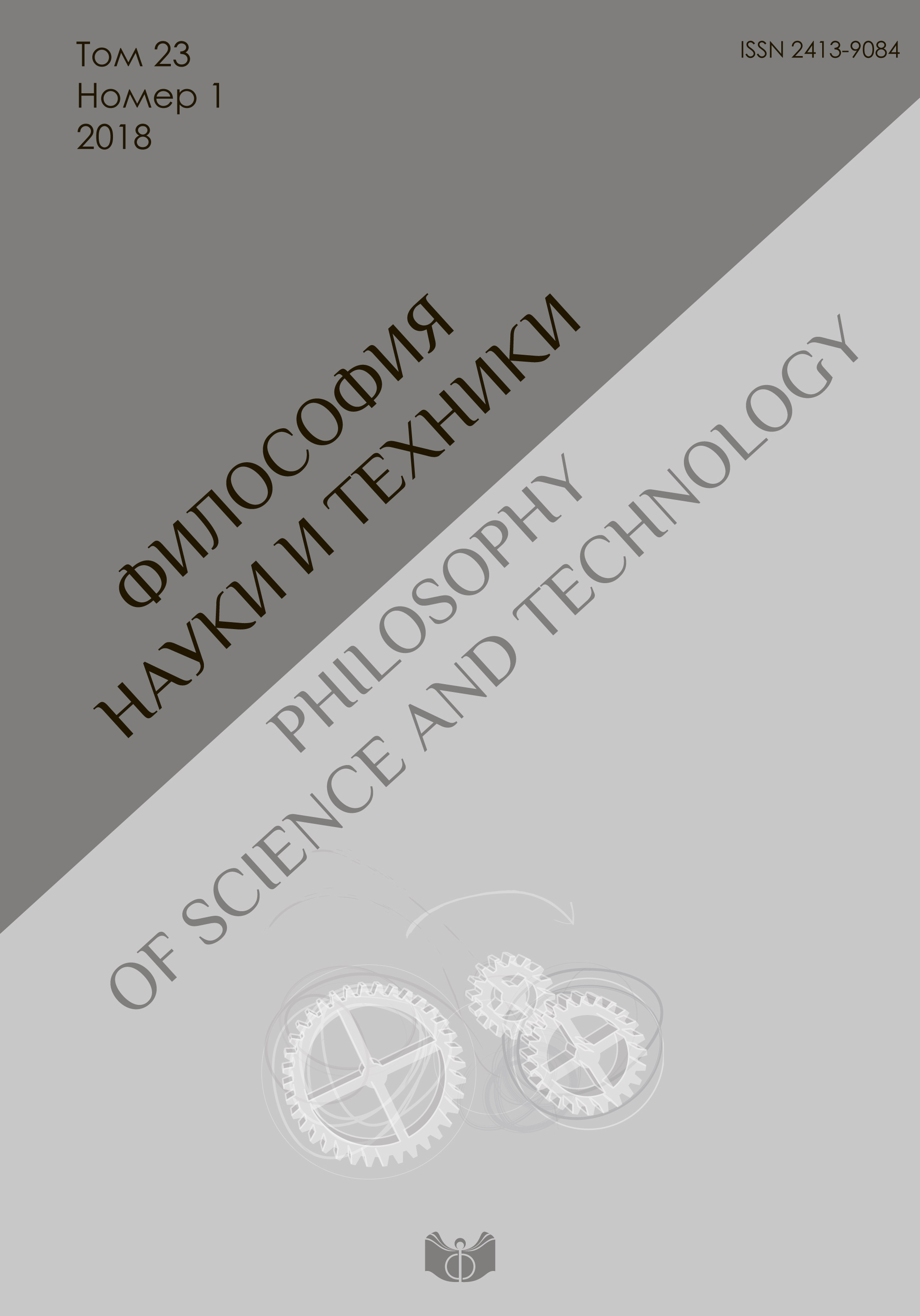Engineering activity and technological “form of life”
DOI:
https://doi.org/10.21146/2413-9084-2018-23-1-29-42Keywords:
project activity, engineering activity, philosophy of technology, technological form of life, technology and the lifeworld, F. Dessauer, H. Dingler, H. Hardensett, E. Spranger, M. SchröterAbstract
While engineers play one of the main roles in the advanced industrial society, they also develop technologies and design our future. Yet, in contemporary philosophy, culture and engineering are usually discussed separately, engineering knowledge and education are usually contrasted with the socio-humanitarian knowledge. This can be dealt with using a “value-sensitive design” approach, which is explored through creativity, intentions and expectations. Therefore, this paper intends to overcome the opposition between technology and culture and provides a description of the engineer as an original technological “form of life”, not as a social and professional group. It first addresses E. Spranger’s idea of “forms of life”, which are a mode of conceiving a culture that arose at the turn of the 20th century in conjunction with phenomenology. A set of theoretical resources of sociological thought (H. Freyer) and German engineering philosophy of technology (F. Dessauer, M. Schröter, H. Hardensett) is further proposed to deal with the domination of economic rationality (or pseudo-economic pragmatism) and profile the type of engineer, which cannot be reduced to the “value-neutral” type of the “technician” or “technologist”. This paper focuses on the structure of the project activity as a particular modern “form of life“. It examines the type of engineer as homo creator, which is described as the dominant type in the advanced industrial society. Although engineering activity produces material things or artefacts, still it has chiefly immaterial nature as far as includes projecting, planning, organizing and other intellectual activities. Investigation, development, production as integral parts of engineering are always dependent on systems of market, political decision-making, cultural values, traditions and images of everyday life, i. e. incorporated within the life-world. In this regard, engineers don’t form the “technosphere“ but rather create guidelines for action by integrating concrete values of man’s life-world into technologies (for example, innovations and sustainable development). Integration of technology and culture proceeds not externally but within the project activity which provides an opportunity to implement the concrete technical form of life and transform life-worlds of contemporary industrial societies. The principal hypothesis is that the activity of engineering, which produces technology is not a variation of the instrumental reason but the expression of the infinite creative freedom implemented in the European culture. It is pointed out that the compensative function of technology (Mangeltheorie) shall be called into question and replaced by the notion of technology as “optimation” (Optimierungstheorie). I claim that technology produces surplus possibilities which surpass all imagination. According to Dessauer, technology can be conceived real being from ideas and participation in divine creation (Weiterschöpfung). The engineering inventions and the technological transformation of the world make us aware of escalation, innovation and crossing of space and time borders which allow the technological spirit to unfold the perfect technological universe.











